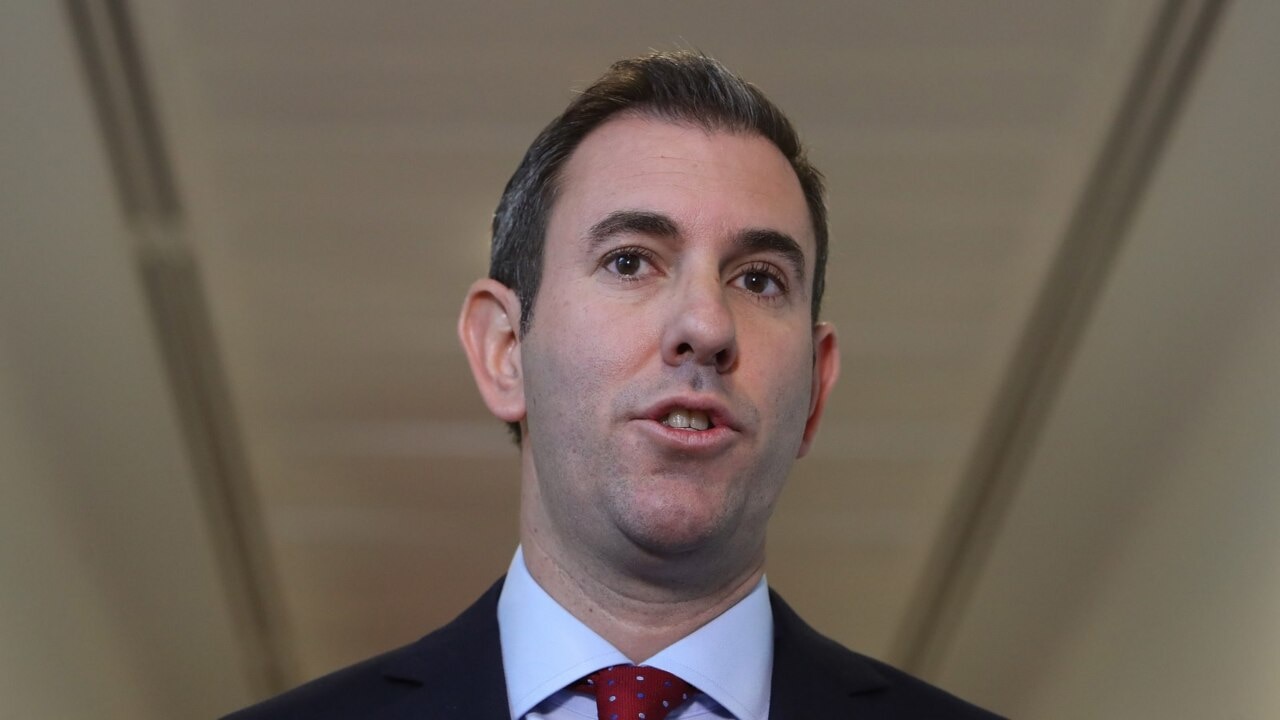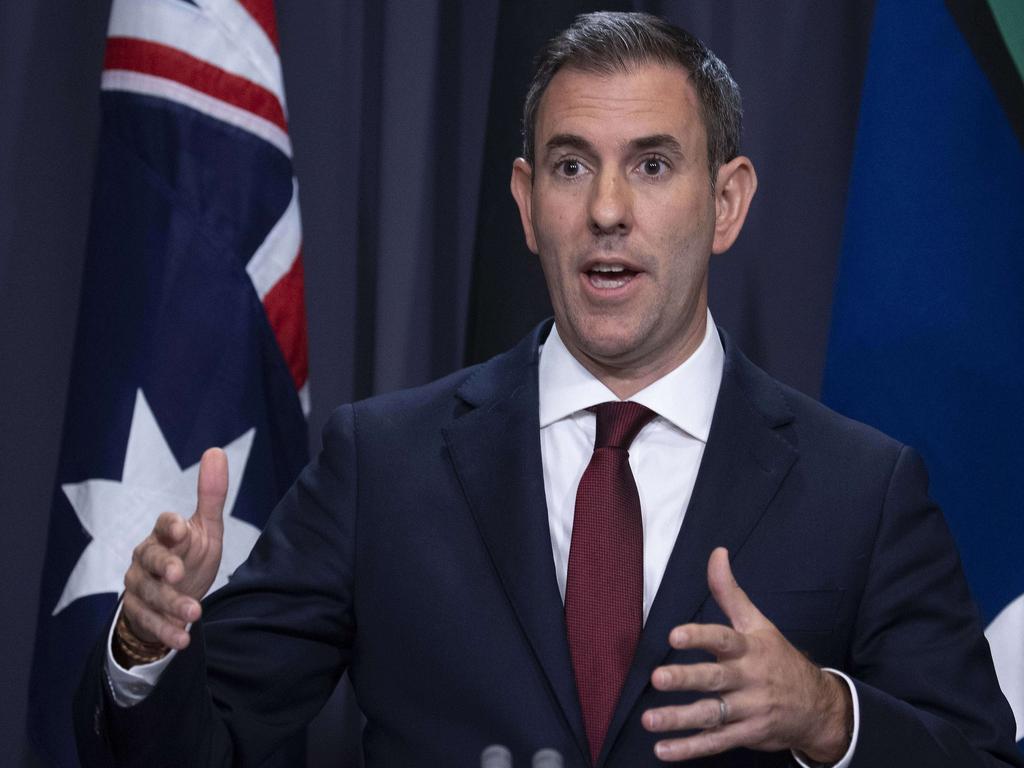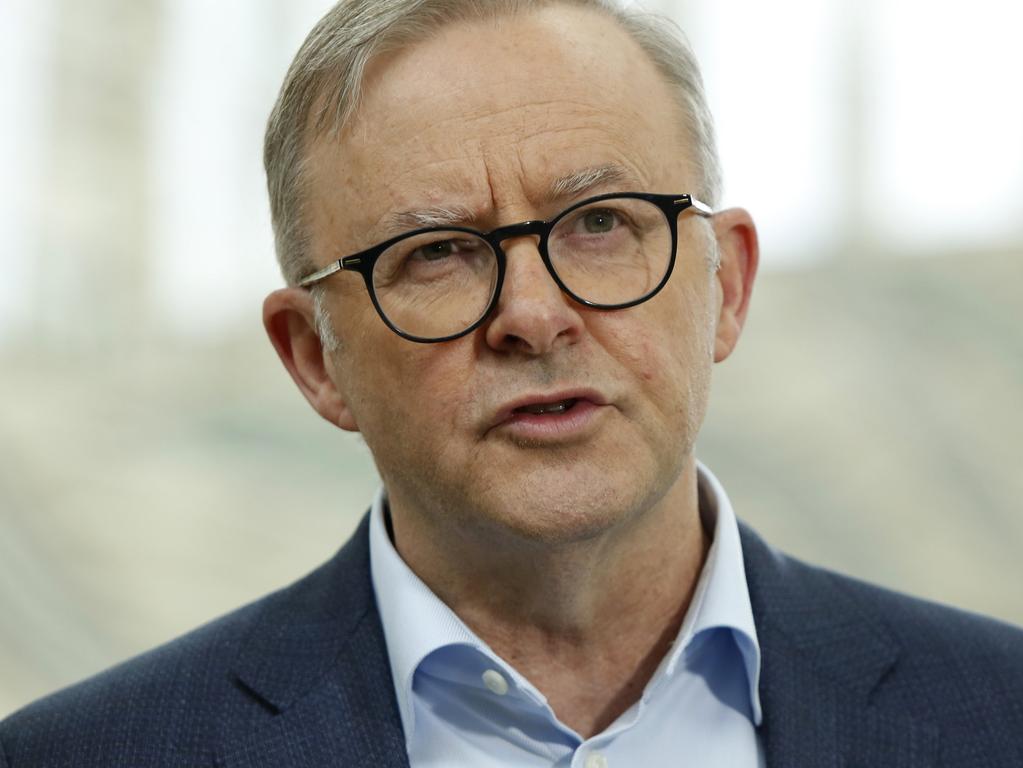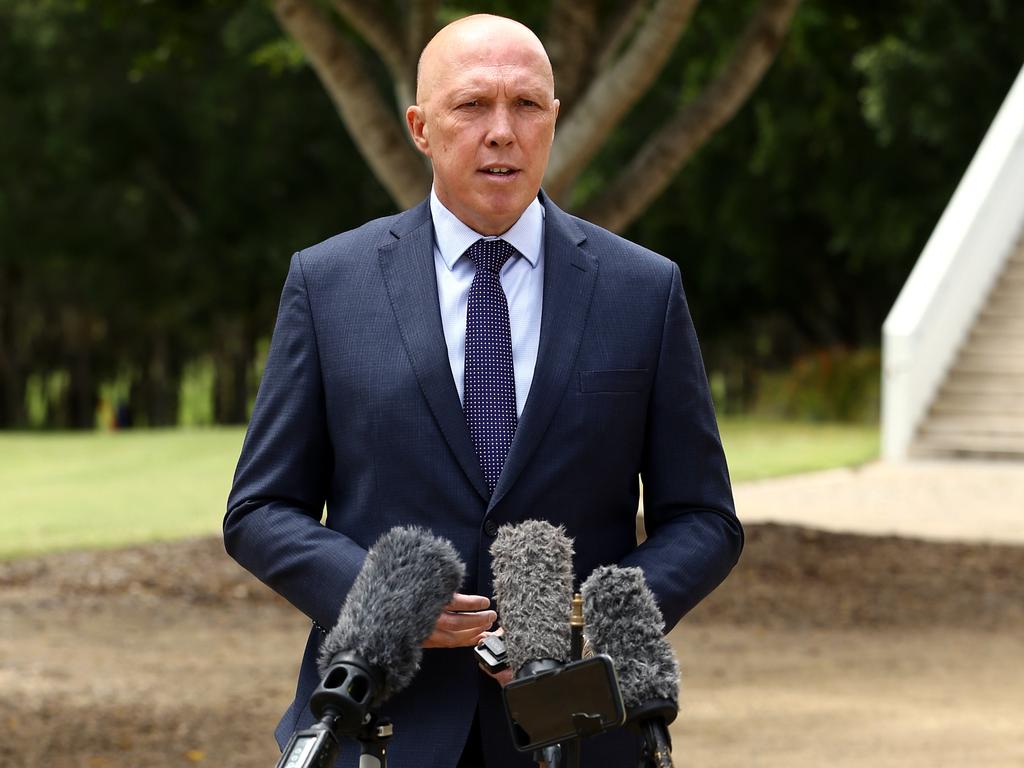Labor to hand down federal budget as IMF warns of global recession
The Treasurer has dropped more hints about the federal budget amid fresh warnings of a global recession.

Jim Chalmers says Australia is well positioned to avoid a local recession as he promises to heed new warnings from the International Monetary Fund.
The IMF has slashed its forecasts for global growth by 0.3 percentage points to 2.6 per cent for 2023 and warns of the potential for “many economies” to slip into a recession.
The Treasurer said he thought it was possible for Australia to avoid the same fate even if there was “no easy path” ahead for government spending.
“It’s not our expectation that the Australian economy will go backwards,” Dr Chalmers said.
“But the world economy is a dangerous place right now. And so obviously, as our understanding evolves, we’ll make sure that our forecasts evolve with it.”

The IMF has downgraded its forecasts for Australia’s economy, tipping it to grow by 3.8 per cent this year and 1.9 per cent through 2023, down from 4.2 per cent and 2.5 per cent as forecast in April.
Dr Chalmers has sought to downplay expectations about the budget he will deliver on October 25.
He has stressed that Australia is not immune from deteriorating global conditions including soaring inflation and the corresponding tightening of monetary policy.
“We are in much better nick than most of the countries with which we compare ourselves, but we won’t be immune from a global downturn,” he said on Tuesday.
“The concerning aspect of what we know about the global economy, what we have learned in the last couple of weeks, is that it will have implications for us.”
Dr Chalmers will meet with finance ministers and central bank governors in the US this week before he returns to Australia to hand down the Albanese government’s first budget.
The government’s final budget position showed the deficit for 2021-22 had fallen from a forecast $79bn to $32bn.
And a new report from Deloitte Access Economics expects a further $114.4bn in additional revenue over the next four years to be revealed in the budget.
Spending is also expected to be higher, even when only accounting for policy announcements to September 30 of this year, according to the report released on Tuesday.

Deloitte Access Economics partner Stephen Smith said the budget had “staged a remarkable comeback” since the pandemic, buoyed by high commodity prices and low unemployment.
But Mr Smith said October’s budget was likely to be the last to reveal an unanticipated surge in revenue like this, at least for the foreseeable future.
He said further budget repair would have to come from “active” changes in government policy.
“That means making some difficult decisions. Those decisions will involve navigating the stand-off between ‘good policy’ and ‘good politics’ that keeps most treasurers up at night,” he said.
Deloitte Access Economics director Cathryn Lee said the government was likely to make these tough decisions in 2023 or 2024, with its first budget set to be “more boring”.
Ms Lee said Australians may need to be prepared to pay higher taxes if they wanted the government to fund existing services and cover emerging priorities including aged care, child care and defence.
“Alternatively, Australians could decide that they don’t, in fact, want or need some of that spending quite as much as they initially thought they did,” she said.
“Or they may choose some combination of the two.”
The release of the IMF and Deloitte reports comes after a week in which the Albanese government let speculation run rife over the “stage 3” tax cuts.

Labor is divided over whether or not to pare back the already-legislated policy, which is set to be the biggest expense to the budget at $20bn a year when it comes into effect in 2024.
The cuts mean anyone earning between $45,000 and $200,000 will pay no more than 30 cents of every dollar they earn in tax.
Peter Dutton warned the Albanese government would force Australia into a recession if it continued to “kill the confidence” of consumers and small business owners with negative rhetoric.
Speaking in Queensland, the Opposition Leader argued Australia was unlikely to go into a recession unless Labor made “really bad decisions” in the upcoming budget.
Mr Dutton said Labor had inherited an economy with strong fundamentals from the Coalition.
Opposition treasury spokesman Angus Taylor agreed, saying the budget’s recovery from the pandemic had been “extraordinary”.
“But all we are hearing right now from Labor is how terrible the situation is,” Mr Taylor said.
“We need to see a clear plan, we need to see a clear path forward.”



